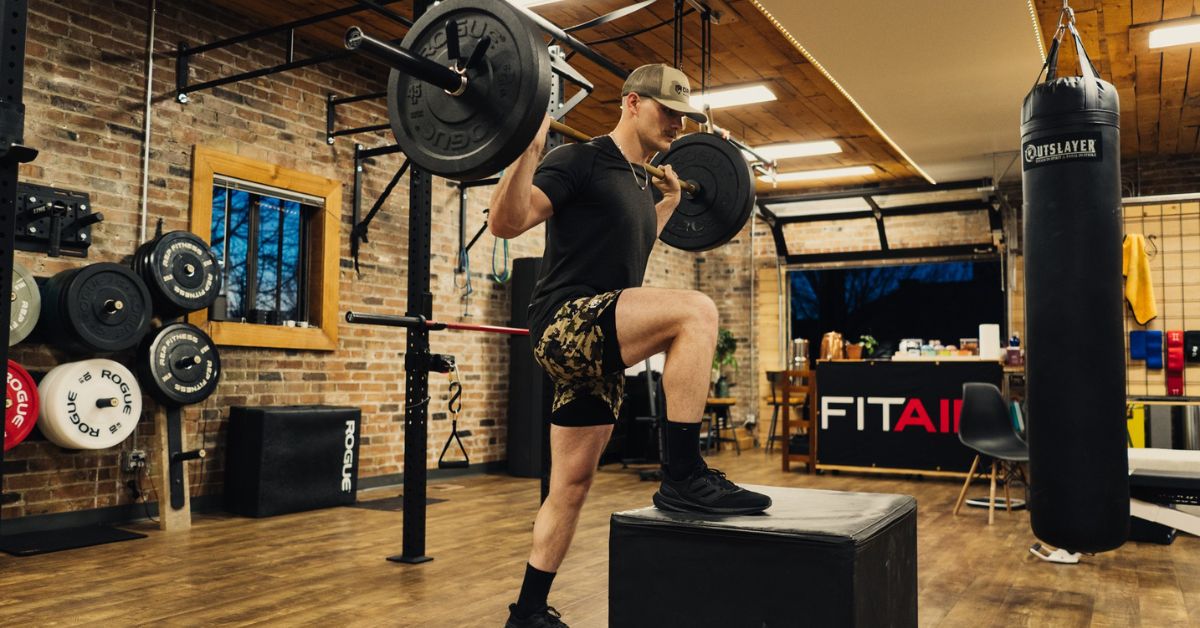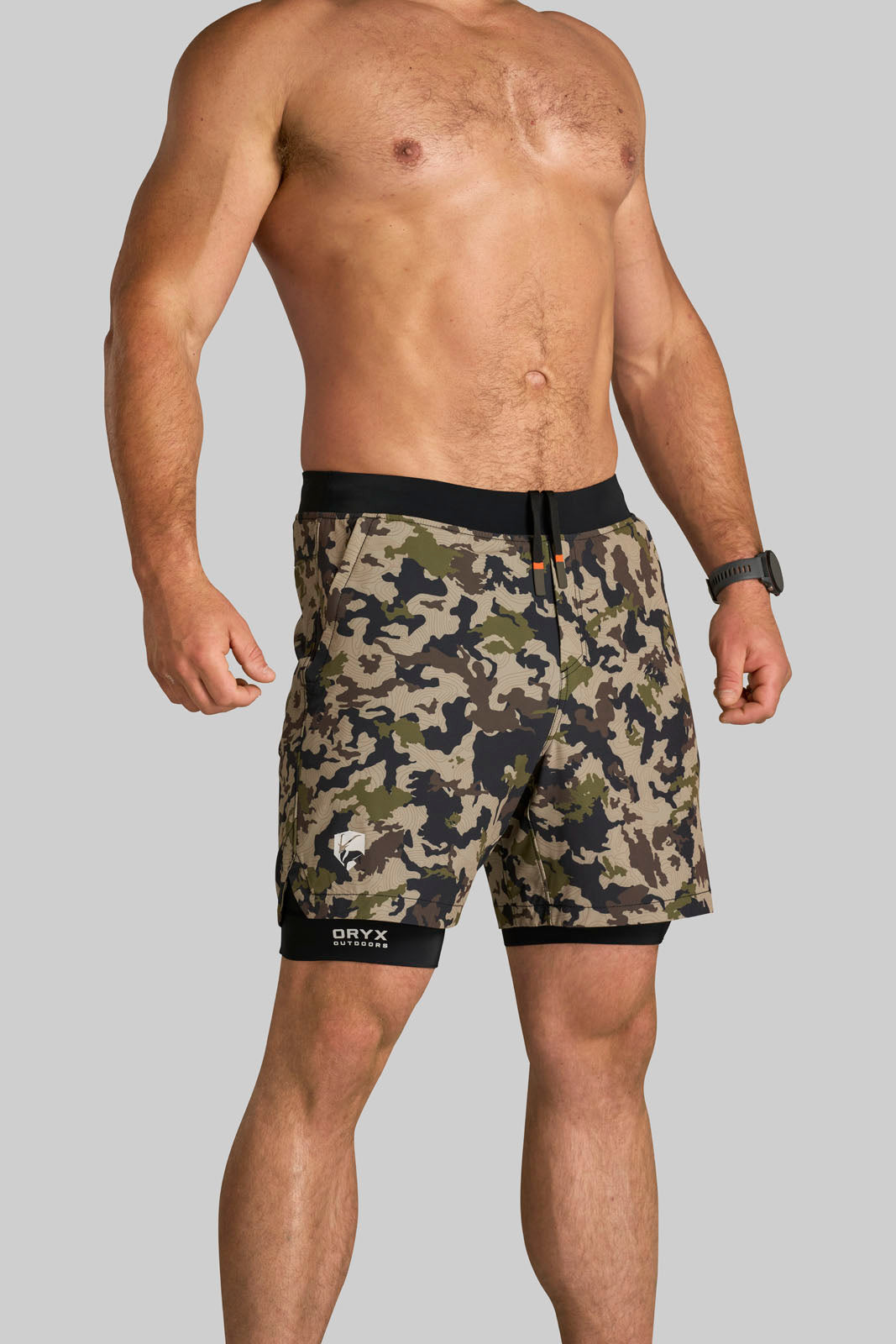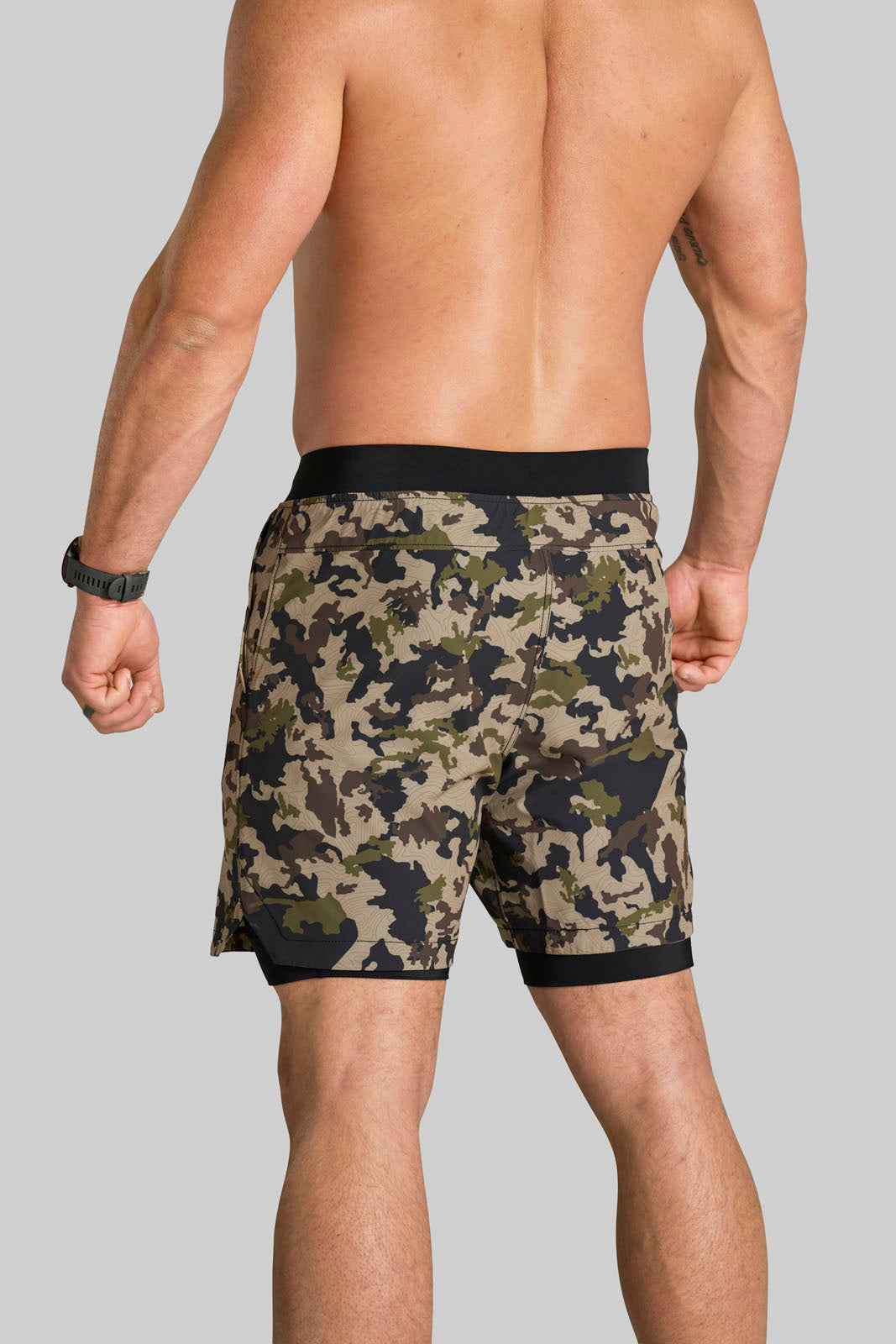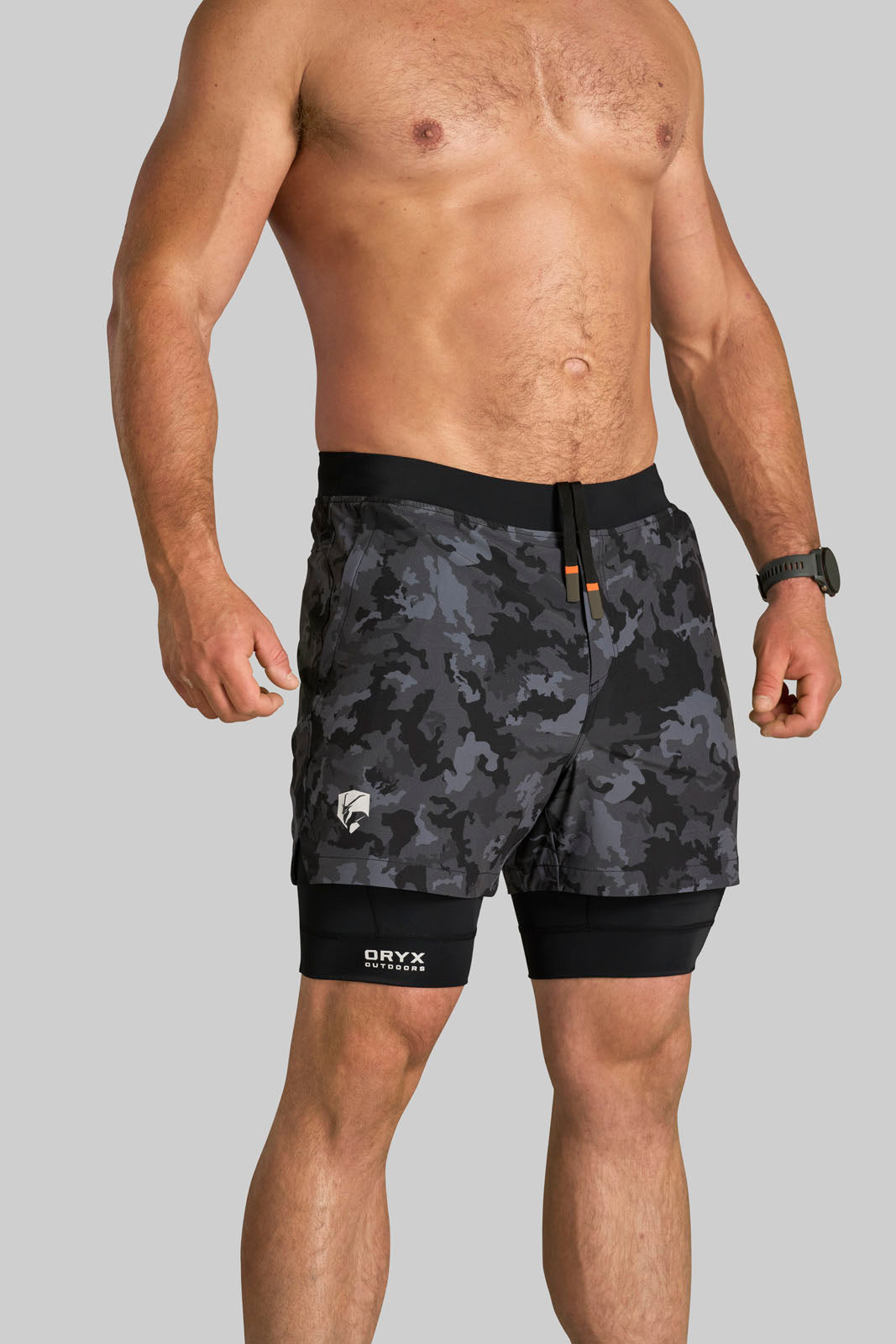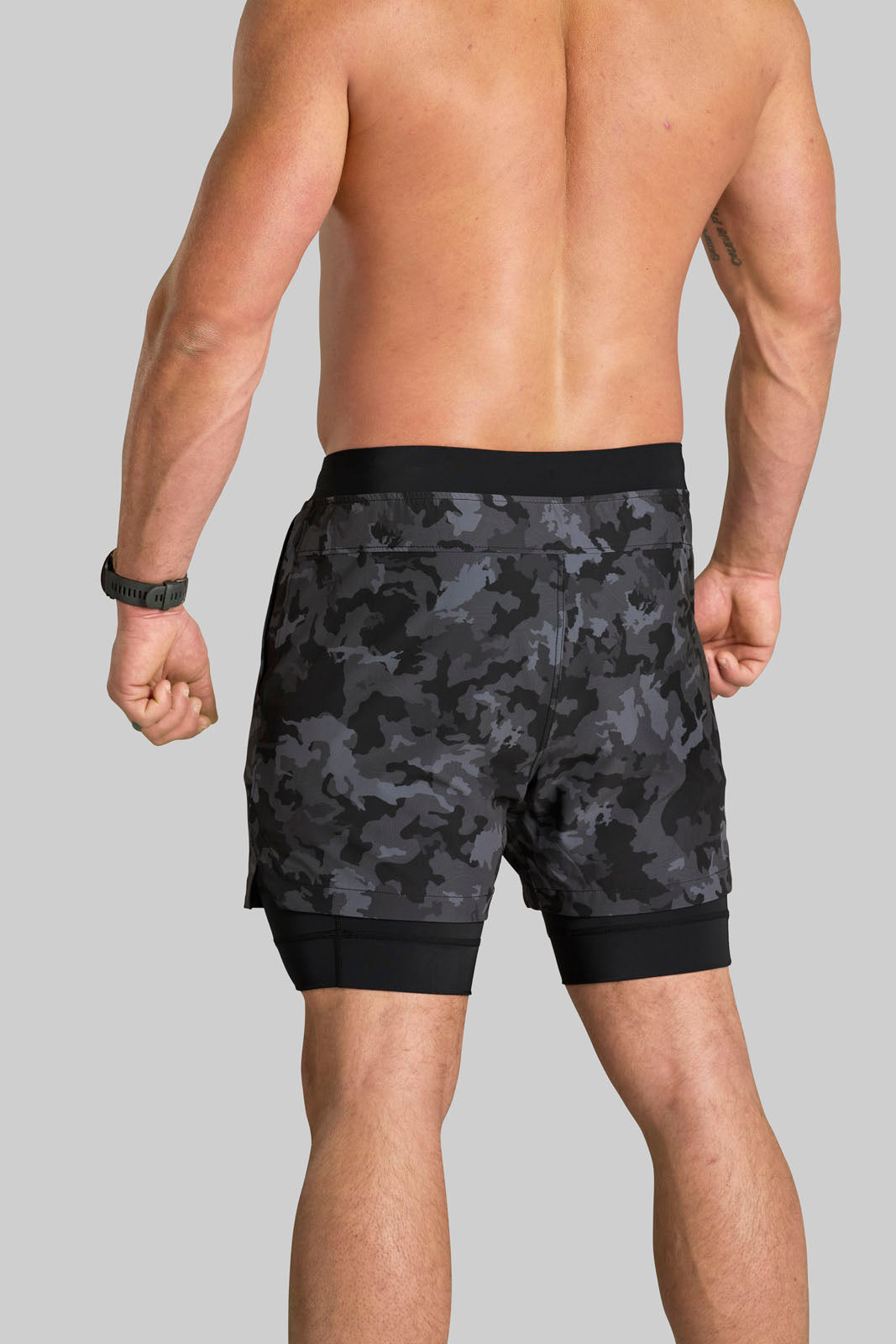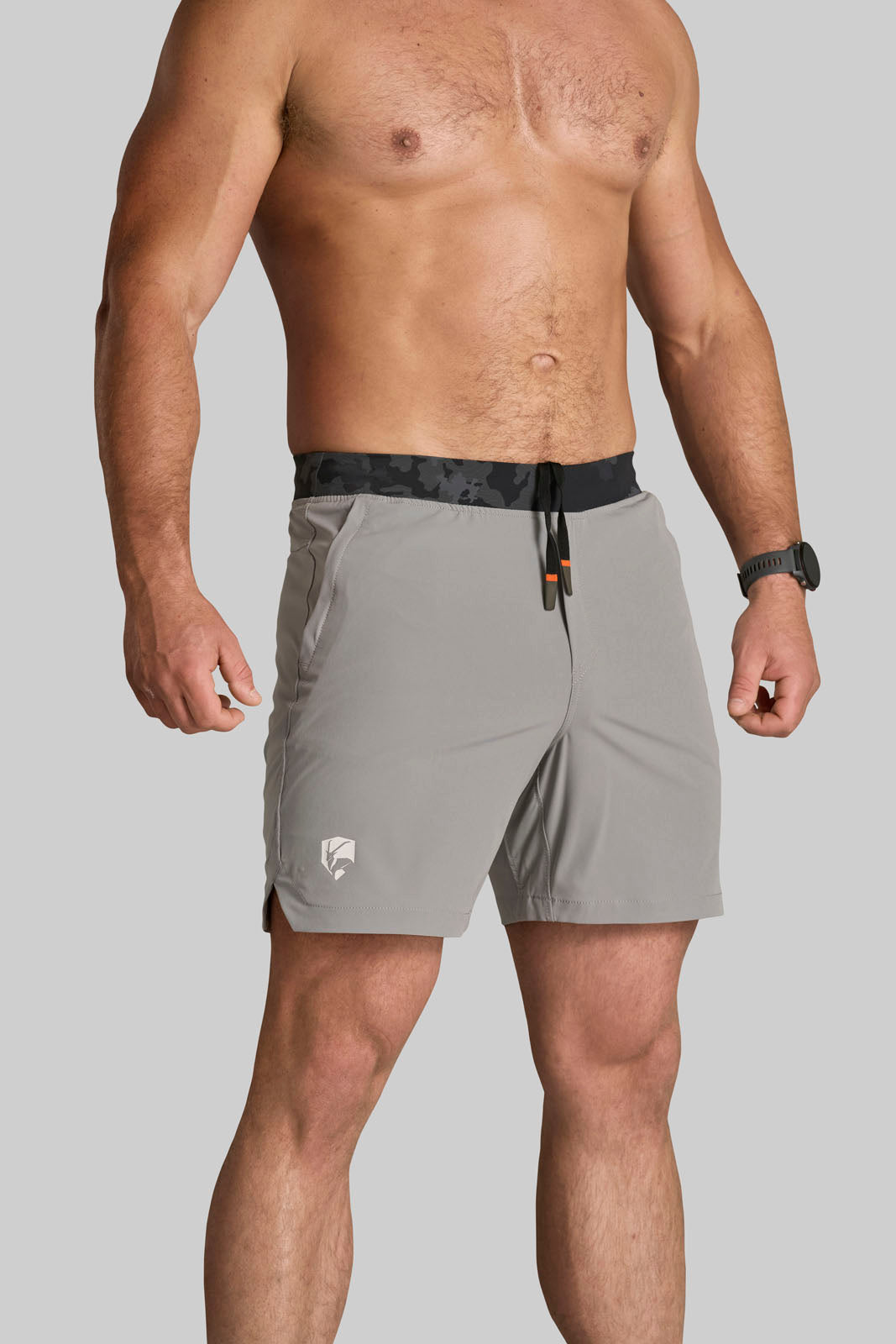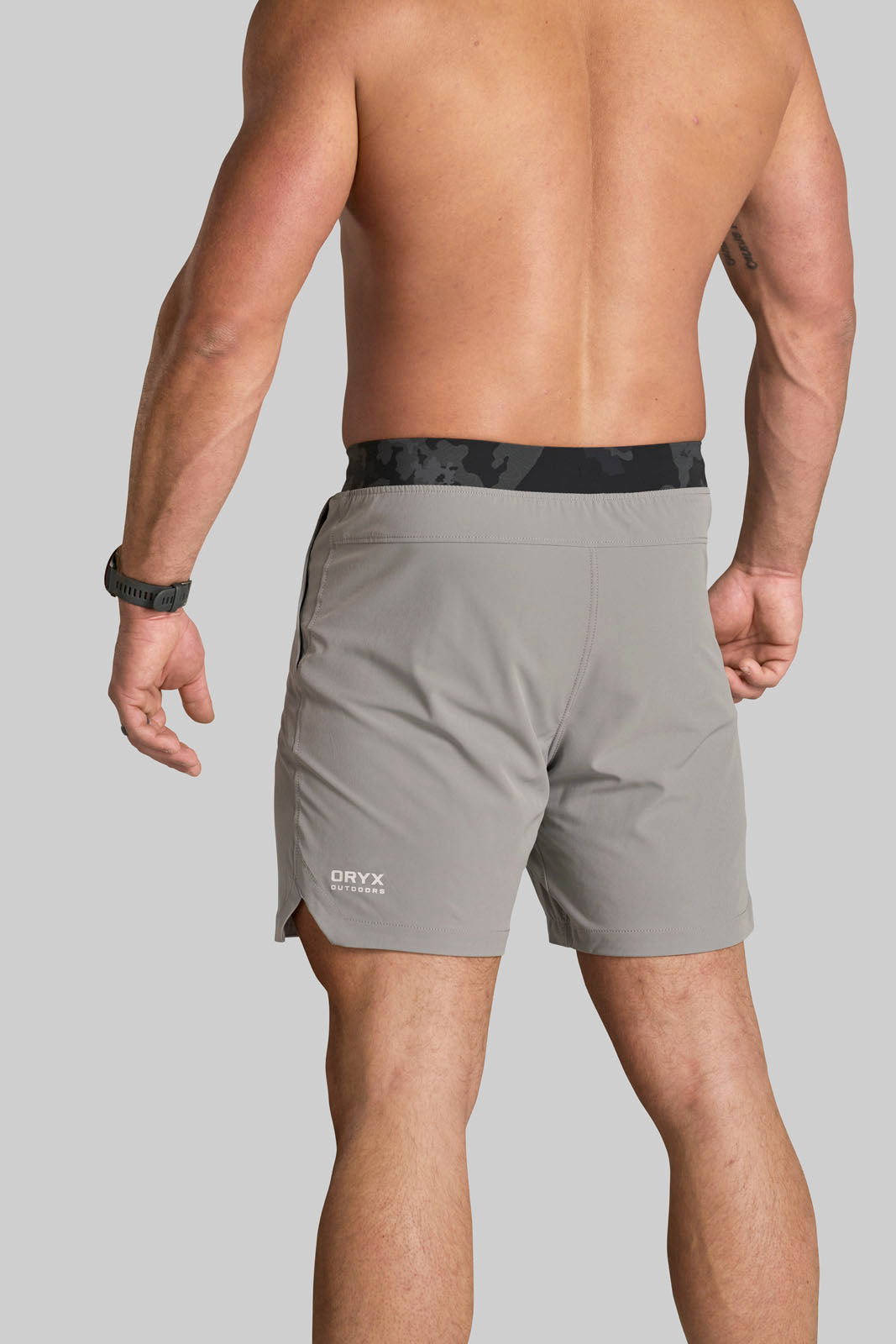Anyone who’s gone hunting enough knows that it’s a huge test of physical and mental grit. Big game hunting, in particular, demands a higher level of endurance, strength, focus, and resilience than other forms of hunting. Proper nutrition is essential to help you perform at your best in the wilderness.
Fueling your body the right way ensures you’re not only prepared for long treks and unforgiving terrain but also able to recover efficiently afterward. This ultimate nutrition guide for big game hunters breaks down everything you need to know so you can tackle the hunt with peak performance.
Caloric Needs for Big Game Hunting
Big game hunters often burn thousands of calories trekking across rugged landscapes, carrying gear, and enduring extreme weather conditions. An average adult male burns about 2,000 calories per day under normal conditions, but during a hunt, this number can double in some cases.
Your caloric needs will depend on factors like your weight, the difficulty of the terrain, how many hours you’re in motion, and weather conditions. For example, colder climates demand more calories as your body burns extra energy to maintain warmth. For most hunters engaged in full-day pursuits, aiming for 3,000 or so calories per day is a good starting point.
Tracking your calories or estimating your needs ahead of time helps you maintain your energy stores throughout the hunt. Without adequate energy, even the best-prepared hunter can succumb to fatigue and poor decision-making.
Maxing Out Your Macronutrients
Even though you need to eat more before a big hunt, you’ll want to make sure you’re making healthy choices. Fueling for a hunt is all about balance. That means you need to load up on protein, carbohydrates, and fats, as each plays a vital role in keeping your body running at its best.
Protein is critical for maintaining muscle mass and repair, especially after long treks or carrying heavy loads. Lean sources such as jerky, canned tuna, or shelf-stable protein powders are easy to pack and sustain your needs during multiday hunts. Aim for 20 to 30 percent of your daily caloric intake from protein.
Carbohydrates are your primary energy source and should make up the largest portion of your diet, around 40 to 50 percent of your daily intake. Complex carbs like oatmeal, brown rice, or sweet potatoes provide slow-digesting energy, while quick-digesting options like energy gels or dried fruit can give you a much-needed boost in the field.
Fats are your secondary energy source and provide long-lasting fuel, especially during periods of low intensity or downtime. Healthy fats from nuts, seeds, and olive oil can meet about 20 to 30 percent of your caloric needs and are lightweight, highly calorie-dense options to pack.

Micronutrients for Additional Boosts
While macronutrients drive energy, micronutrients ensure your body operates smoothly. Hunters need more vitamins and minerals than the average person to boost stamina, immunity, and mental clarity during hunts.
Electrolytes like sodium, magnesium, and potassium are especially important in preventing muscle cramps and maintaining hydration. Bring electrolyte powders or tablets to mix with water during your trek.
On top of that, iron helps carry oxygen to your muscles and brain, so it’s key for endurance. Foods like beef jerky or spinach-based meals are rich in iron and travel well. Meanwhile, vitamin C can boost your immunity and assist in iron absorption, making dried fruits like oranges or cranberries a great snack.
Hydration Is Nonnegotiable
Proper hydration can be the difference between productive hours in the field and debilitating fatigue or heat exhaustion, making it one of the more important nutrition tips for big game hunters to know about. Bring plenty of water to keep yourself thoroughly hydrated throughout the hunt.
A good rule of thumb is to consume at least half your body weight in ounces of water per day during moderate activity. That means if you weigh 200 pounds, you should try to drink 100 ounces of water throughout the day. On more strenuous hunting days, particularly in hot or dry climates, you should increase this amount a bit.
Adding electrolyte mixes to your water can help you maintain energy and replace the minerals you sweat out. These mixes also make bland water more palatable, which encourages more frequent sipping. Bring a portable water filter or purification tablets if you plan to travel through the backcountry for steady access to clean drinking water.
Meal Planning for Hunting
Meal prep is key for a multiday hunting trip. Opt for meals that are lightweight, calorie-dense, and easy to prepare. Tactical freeze-dried meals are a popular option, as they only require hot water to prepare.
Here’s a look at what a potential day of meals could look like:
- Breakfast: Instant oatmeal with a spoonful of peanut butter and a banana for quick energy and sustained fullness.
- Midmorning snack: A mixture of trail mix (with nuts, seeds, and dried fruits) paired with an electrolyte drink.
- Lunch: A freeze-dried pasta dish with a side of jerky for added protein.
- Afternoon snack: Energy bars or dried fruit for a quick calorie boost.
- Dinner: Dehydrated chili with rice, mixed with olive oil for extra calories.

Supplementation for Hunters
While real food is the backbone of a sound nutrition plan, supplements can fill in dietary gaps, especially during trips where fresh produce is hard to come by. Performance-boosting supplements like electrolytes, protein powders, and branched-chain amino acids (BCAAs) are excellent additions to your packing list.
Multivitamins or specific mineral supplements, especially magnesium and iron, might also help you hit all your micronutrient needs. These supplements are compact, lightweight, and easy to use, making them a must for hunters who need sustained peak performance.
Post-Hunt Nutrition Strategies
Since big game hunts take a toll on the body, you’ll want to fuel back up with proper nutrition once your adventure is over. Doing so plays a vital role in how quickly you recover. This means prioritizing foods that promote muscle repair, replenish glycogen stores, and fight inflammation.
Immediately after the hunt, focus on protein-rich meals to repair your muscles. Pair them with a carbohydrate source to refill your energy stores. For example, grilled salmon with sweet potatoes or lean steak with quinoa makes for excellent recovery meals.
Staying hydrated remains crucial during the recovery period. Consider drinks like tart cherry juice that can help reduce soreness. Anti-inflammatory foods like turmeric, ginger, and leafy greens should also find a place on your plate to facilitate quicker healing.
Exercise + Good Nutrition
Nutrition alone isn’t enough to prepare you for the tougher aspects of big game hunting. Strength training, endurance workouts, and flexibility exercises round out your readiness. Training hikes with weighted backpacks simulate real hunting conditions and prepare your body for what’s ahead.
So, grab your favorite set of camo workout clothes, and fuel those exercises with the nutrition principles above. Your body will be conditioned long before you set foot into the woods.


